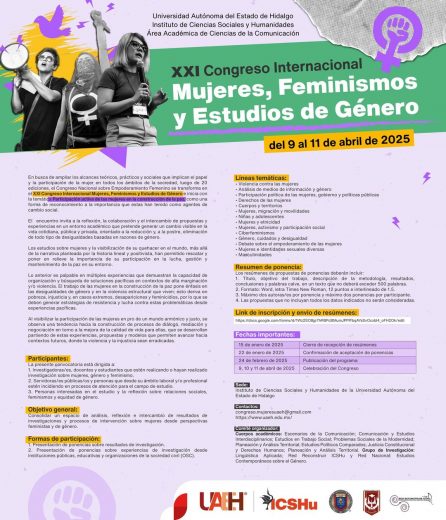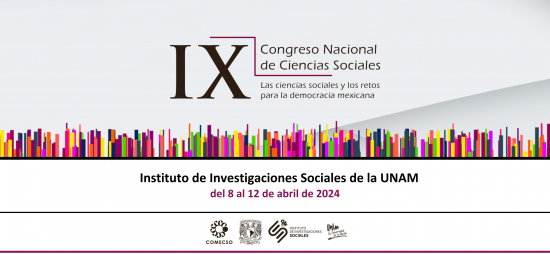Social Movements and Parties in a Fractured Media Landscape
Call for Papers – Social Movements and Parties in a Fractured Media Landscape
The call for papers is now open for a two-day symposium held under the auspices of the journal ‘Information, Communication & Society’ (iCS) at the Centre on Social Movement Studies, 1-2 July 2019.
Cosmos (The Centre for Social Movement Studies), Scuola Normale Superiore, Florence, Italy, 1-2 July 2019
Deadline for abstracts: 15 March 2019
This two-day symposium held under the auspices of the journal ‘Information, Communication & Society’ (iCS) considers the shifting terrain of contemporary democratic politics. Over the course of this decade, a wave of popular discontent swept across much of the world, stoked by the financial crisis, the ensuing austerity and deep disenchantment with political institutions in both liberal democracies and autocracies. Social movements channelled and articulated aspirations for greater democratic accountability and participation, more equitable economic policies, greater concern for social welfare and climate change. Against a secular decline in party membership, voter turnout and institutional trust, movements have rekindled a participatory imaginary challenging the status quo of many democratic countries.
Criticized for a supposed inability to enact the political and social change they advocated, social movements were harbingers of a new political vehicle, the movement party. The rise and electoral success of party movements—from Podemos in Spain, to Cinque Stelle in Italy, Jobbik in Hungary, Momentum in the UK or La Republique en Marche in France—captured aspirations for progressive change as well as anger and anxieties about globalisation, migration and the socio-economic and cultural upheaval that such processes have wrought. Occupying the breadth of the ideological spectrum—from the far right to the radical left—these movements put forward a radical criticism of political or media institutions, advocating participatory as well as populist reformulations of notions of citizenship, civic practices and organisational structures. Against the odds, they have scaled up, endured and have the potential to become entrenched despite the initially limited resources available to them. Notwithstanding their ideological differences, digital media appear to have provided important opportunities for the emergence of techno-populist ‘connective’ movements and parties in media systems largely unfavourable to them, thereby posing renewed challenges to incumbents.
Considering the above, the symposium will grapple with such questions as: what does the rising prominence of social and/or party movements mean for democracy? What are the consequences of their rise for representative democracy? What explains their presence on both the left and the right of the political spectrum? How does their digital media use bear on their organisational structures and cultures or their relationship with the media?
The symposium invites scholars and other informed observers to present papers discussing how over the last decade, social movements, party movements and other collective actors emerging in the fractured contemporary media landscape have produced knowledge, learn and develop new or overhaul existing participatory cultures and techno-populist identities; congeal competitive political agendas that challenge established political positions; rekindle trust and even faith in political leadership and democratic governance; (re)shaped (un)conventional citizenship norms, practices and action repertoires, harnessing affordances of self-publication technologies, data analytics and news media values to maximize their visibility, appeal and reach while also at times critiquing the dominant commercial logics of media and social media companies.
Building on these considerations, we encourage submissions that address but are not limited to the following aims:
- Discuss media strategies and/or tactics of social and/or party movements and individual activists, how they relate to ongoing transformation of media systems, shifting media diets and practices that are increasingly dominated by the use of digital and social media;
- Map the use of digital technologies in social and/or party movements, the extent to which it inflects on organisational networks, structures and cultures and whether these depart from late-modern and pre-crisis models of political organisation;
- Consider how support for social and/or party movements is articulated publicly in squares, on social platforms, through partisan outlets, in mainstream media or combinations thereof and potential reasons for them;
- Investigate the language use of social and/or party movements—and responses to it by institutions and various section of the public—particularly as it challenges deliberative norms or if it is associated with disruptive communication techniques such as click-baiting, trolling, spoofing, making use of disinformation or misinformation;
- Reflect on the conversion of some movements into parties, the tensions emerging between the grassroots and the leadership once social and/or party movements enter institutions and the extent to which digital media may mitigate or exacerbate such conflicts;
- Investigate knowledge transfer and learning processes that transform movements, their support base, organization or goals and the role of digital media in such processes;
- Propose ethical methodological innovations especially through the deployment of trace data gathering tools that can facilitate access to and rapport with hard-to-reach, research-apprehensive movement actors like far-right movement parties;
- Develop innovative qualitative, quantitative and mixed-methods techniques to explore the use of digital media within social and/ or party movements;
- Reflect on the bearing of (digital) media and communication strategies and tactics on the electoral success of social and/or party movements in local, national or European elections;
- Explore contrasts in the popular mobilization and/or electoral success of populist party movements on the right and the left while contemplating the contribution that digital and social media made to it.
We invite 500-word abstracts outlining empirical, theoretical or policy-oriented papers that address these or cognate topics. The abstract should point to study conclusions. It should be accompanied by a 100-word biography of the presenter(s) together with contact details. Abstracts/biographies/contact details should be emailed to Dan Mercea (dan.mercea.1@city.ac.uk).
All papers presented at the symposium will receive comments from a discussant. Following the symposium, paper authors will be invited to submit their manuscripts for publication in a special issue of the journal Information, Communication & Society.
More information>>
Te puede interesar

Retos y posibilidades para la teoría social en el siglo XXI
comecso - Nov 20, 2024El Consejo Mexicano de Ciencias Sociales, A.C. Convoca a las personas que deseen participar en el Grupo de Trabajo Retos…

XXI Congreso Internacional Mujeres, Feminismos y Estudios de Género
Laura Gutiérrez - Nov 21, 2024Universidad Autónoma del Estado de Hidalgo, Instituto de Ciencias Sociales y Humanidades, Área Académica de Ciencias de la Comunicación XXI…

XIII Premio Iberoamericano en Ciencias Sociales
Laura Gutiérrez - Nov 20, 2024Con el objetivo de promover y fomentar el desarrollo de las Ciencias Sociales en el ámbito iberoamericano, así como la…












